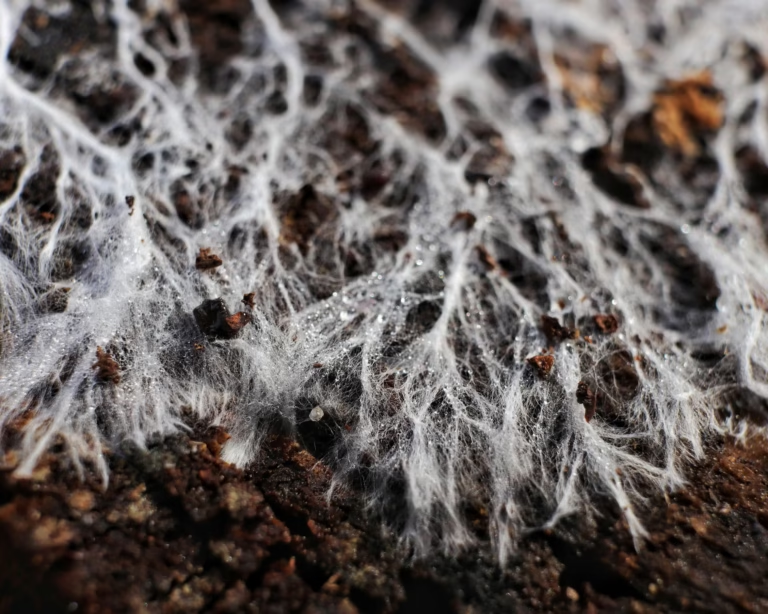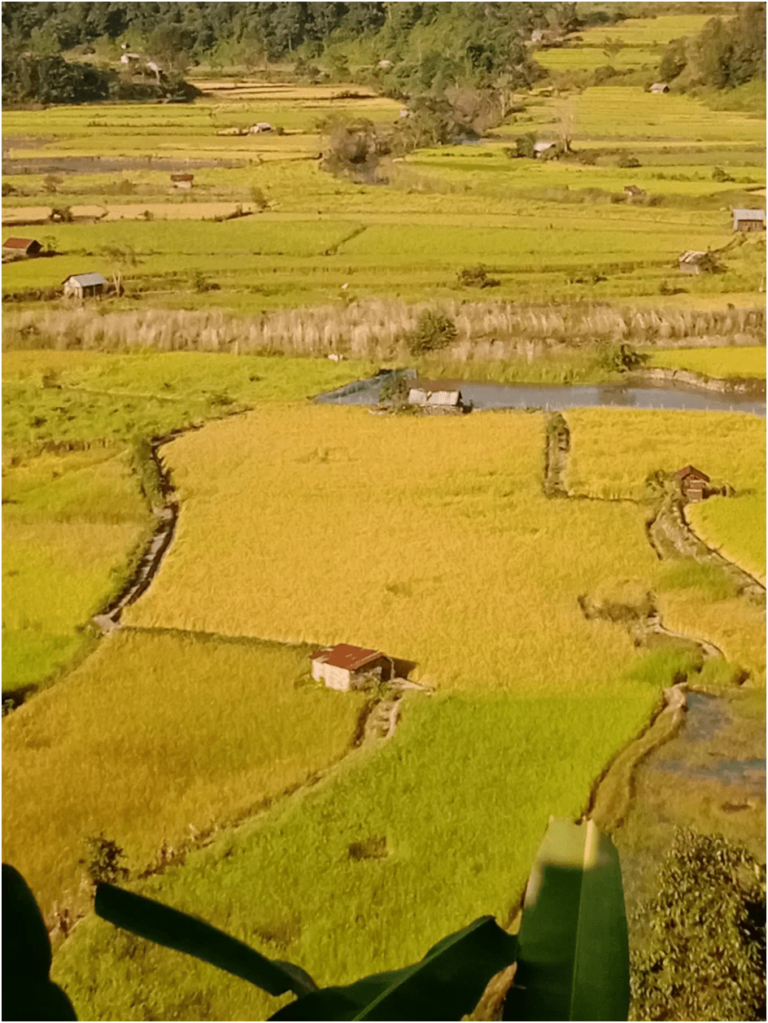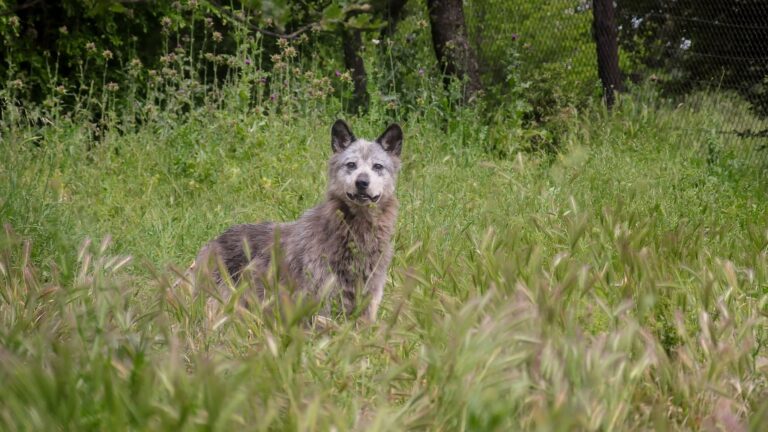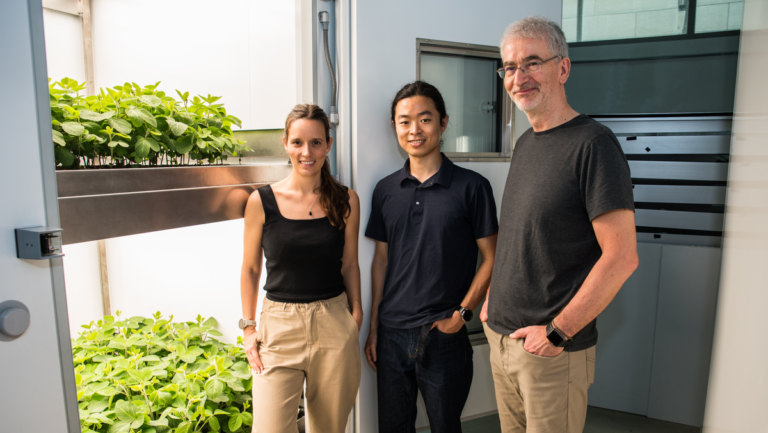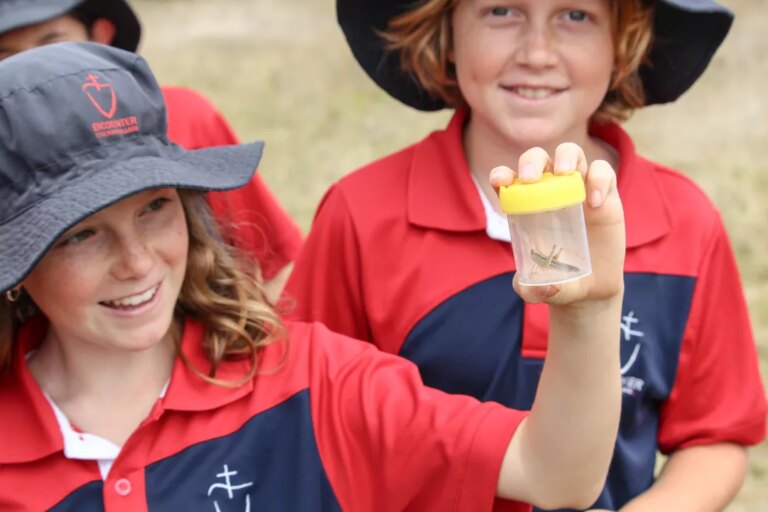Earth’s underground networks of fungi need urgent protection, say researchers
The underground networks of fungi that underpin the planet’s ecosystems needs urgent conservation action by politicians, a research organisation has said. Scientists from the Society for the Protection of Underground Networks (Spun) have created the first high-resolution biodiversity maps of Earth’s underground mycorrhizal fungal ecosystems. The research, published in the journal Nature on Wednesday, found…

